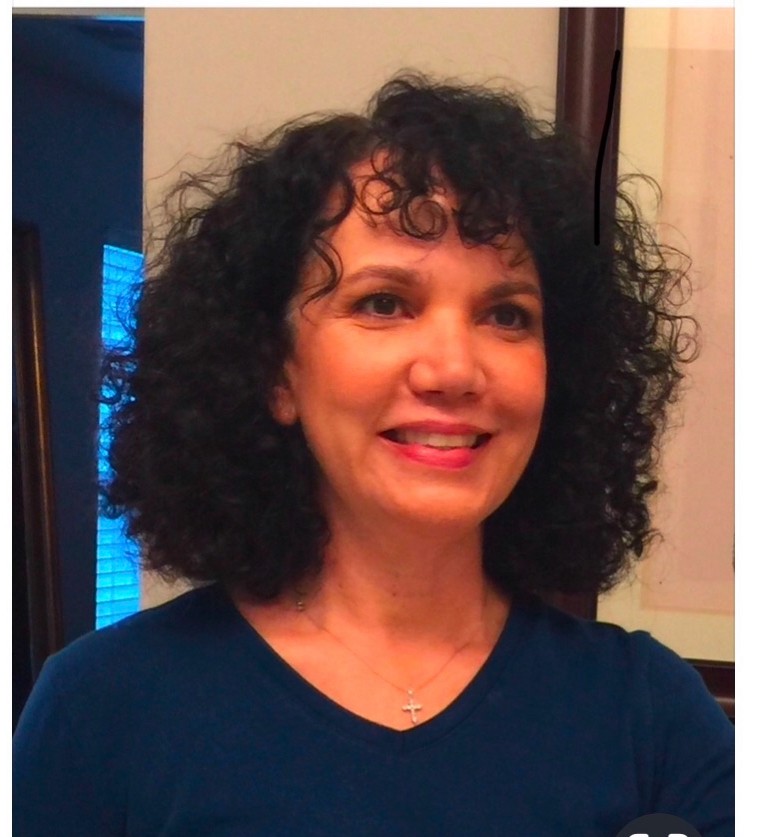Story of Hope: Meet Mercy
June 30, 2025
 Life Before HopeWay
Life Before HopeWay
I came to HopeWay feeling like I had lost all hope. I had tried everything including therapy and lifestyle changes, but nothing seemed to make a lasting difference. I felt like I was at a dead end, completely drained and unsure of what to do next. My psychiatrist felt confident that HopeWay would be the best option for me, but I was still skeptical.
Little did I know, HopeWay would save my life.
Mercy's Journey to Healing Through the Residential Program
I won’t lie; before entering HopeWay’s Residential program, I was terrified. As my admission date got closer, I kept staring at the calendar feeling a mix of anxiety and cautious hope. I remember looking over the daily treatment schedule thinking, “Wow…this is a lot.” At the time, even the smallest task felt like too much, so the idea of days packed with therapy, groups, and activities seemed impossible. But my family kept cheering me on, reminding me that I was capable of doing really, really hard things.
Support That Made a Difference
I had to travel from Charleston to attend HopeWay, which felt like a big step - leaving my home, my comfort zone, and everything familiar. But once I arrived, I realized I wasn’t alone. From the moment I walked through the doors, the staff made me feel safe and supported. The Residential nursing staff was always there and willing to listen, whether I had a medical concern or just needed reassurance that what I was feeling was okay. My therapist, Tiffany, became my biggest cheerleader. I even met three other people from Charleston, and that unexpected connection gave me an immediate sense of belonging. Everyone treated me like a person, not just another patient. Like I was someone who mattered and deserved to heal. It was clear that I was in a place where healing could actually happen. And slowly but surely, things started to shift.
Group Therapy
The biggest shift for me occurred in group therapy. At first, I wasn’t sure how I felt about opening up to a room full of strangers. But I quickly realized that these were people who understood, who got it. Talking with others who had been through similar struggles made me feel seen in a way I hadn’t felt in years. The support wasn’t just from the therapists, it was from the entire HopeWay community. We lifted each other up on the hard days and celebrated the small victories together. Group therapy also made me realize that healing doesn’t end when you leave treatment. There’s a network of HopeWay alumni out there who understand and support each other even after discharge. That’s something I never expected but am so grateful for.
Integrative Therapies
One of the things that surprised me the most about treatment was how many different types of therapy were offered. It wasn’t just traditional talk therapy. Yoga therapy helped me reconnect with my body in a way that felt safe. In horticultural therapy, working with plants became an unexpected source of calm and mindfulness. Recreational therapy reminded me that movement could actually be enjoyable again.
Every session, every activity, gave me another way to process what I was going through and learn how to manage it. I am incredibly grateful to HopeWay for helping me regain hope, and guiding me back to a more positive and productive life.
Encouragement for Those Who Feel Uncertain
If someone is feeling unsure about entering treatment at HopeWay like I was, my advice is simple: give it time. The program really works. I know how easy it is to think, “This won’t help me, nothing will.” I had that mindset too. But I stuck with it, and little by little, I started to see changes in myself.
It’s not an overnight fix, but if you commit to it, the transformation is real.
Learn More About HopeWay's Residential Program
